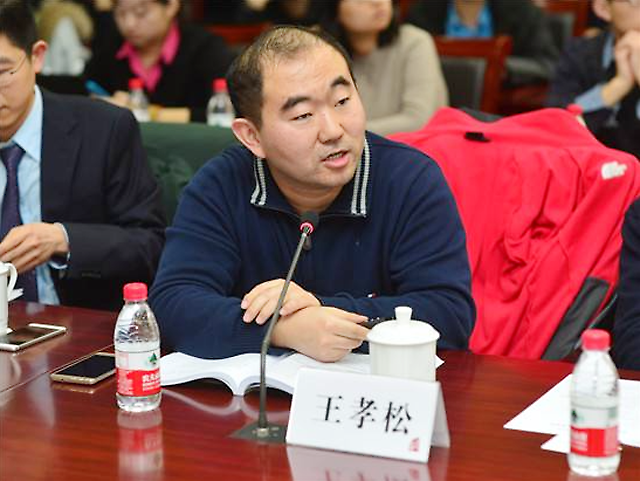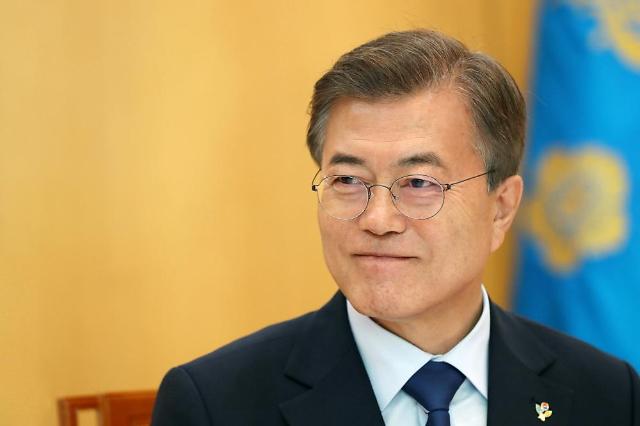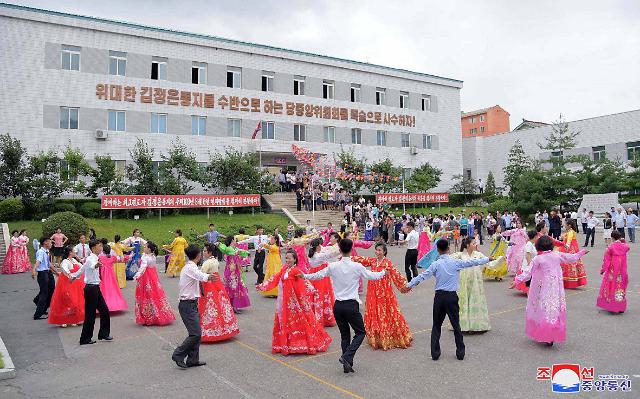Washington says UN sanctions target N. Korea elite: Yonhap
By Park Sae-jin
Posted : December 2, 2016, 07:58
Updated : December 2, 2016, 07:58
The newly adopted UN sanctions on North Korea are targeted at Pyongyang's elite and their revenue sources with the aim of changing the regime's behavior, the US State Department said.
On Wednesday, the Security Council unanimously adopted Resolution 2321, which centers on putting a significant cap on North Korea's exports of coal, its single biggest export item and source of hard currency, and banning exports of four additional minerals.
These two measures and other restrictions, if fully enforced, would strip the North of at least $800 million in annual revenues, a sizable sum that accounts for more than a quarter of the impoverished nation's total exports, estimated at about $3 billion.
"The resolution that was adopted yesterday was very clear in the types of sanctions that it adopted, or that it put in place rather, and that was specifically aimed at targeting North Korea's hard currency revenues," State Department deputy spokesman Mark Toner said at a briefing.
"They're targeted really at North Korea's elite and the way that those elite make, frankly, their money," he said.
Toner noted that the new sanctions imposed a cap on coal exports and banned the exports of non-ferrous metals, copper, nickel, silver, and zinc as well as statues, saying he didn't realize monument exports were a major source of income for the regime.
The primary focus of the sanctions is to change the North's behavior, he said. "We don't expect that obviously to change overnight, but clearly this is the world speaking in one voice about its concern over North Korea's ongoing provocative actions," Toner said.
The US will continue to work together with China to make sure the sanctions are enforced, he said. "It's a neighbor of North Korea's ... It plays an outsized role in terms of the impact of these sanctions or rather the impact that they can have in implementing these sanctions," he said.
(Yonhap)




